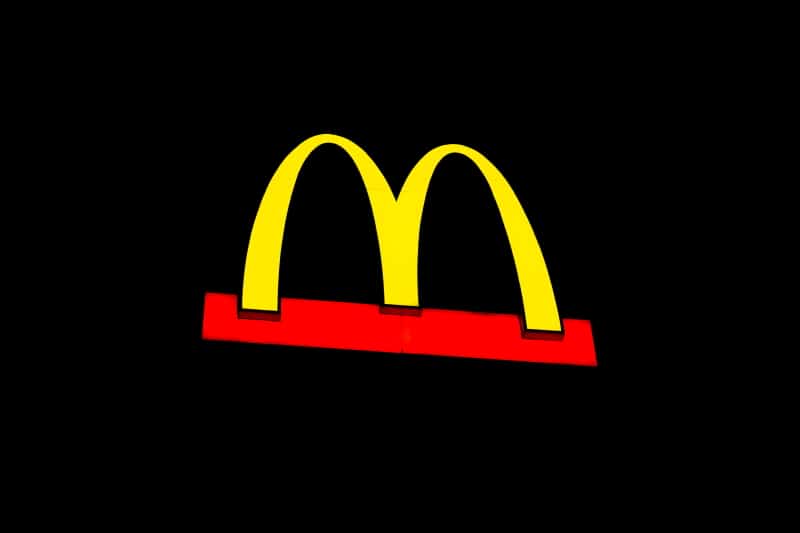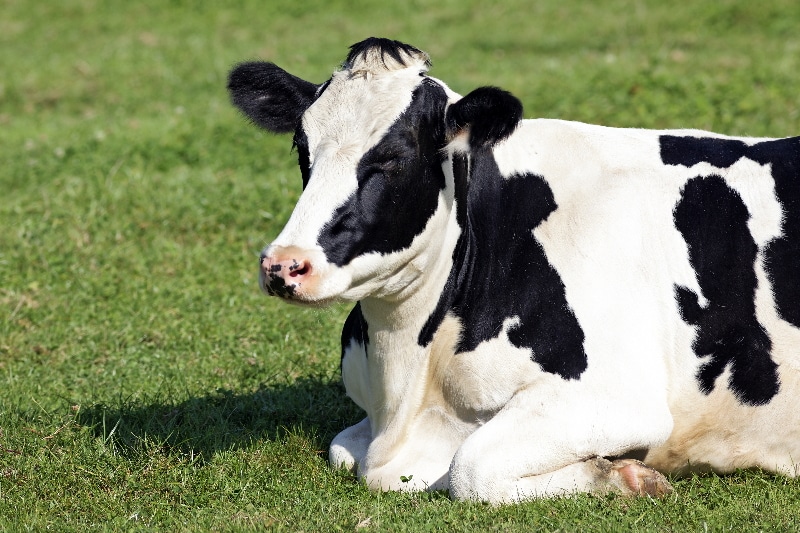In the year 2017, a well-known food and drink company generated a commotion after publishing a glowing message on Instagram about dairy products.
“We are for milk that is of the highest possible quality…we’re talking entire milk. Milk with all of the cream,” it stated. In none of our products do we include skim milk powder as an ingredient.
The company went on to say that cow’s milk contains “the perfect balance of protein, excellent fats, and natural sugars (lactose),” and then they concluded by saying that they “enjoy life to the full, with full-fat dairy products.”
These statements were not made by a dairy milk or cheese producer; rather, they were made by a supposedly progressive plant-based milk business called Rude Health. Up until that point, Rude Health had been quite well-liked among vegans.
Vegans were understandably outraged by the message, as the majority of them had switched to a vegan lifestyle due to the horrific treatment of animals in the dairy industry, as well as in other animal sectors. The position became even more precarious when one of the company’s founders referred to veganism as “contemporary craziness” and referred to documentaries about veganism, such as What the Health, as “propaganda.”
This is a contentious issue.
It was absolutely astonishing to watch a company seemingly purposefully aim to alienate its consumer base, but Rude Health was simply one of the first of several firms to do so. Other companies have since followed Rude Health’s lead.
This week, a plant-based meat alternative company called THIS came under fire after publishing an advertisement that falsely purported to depict several “vegans” consuming what they were told were real meat products (in reality, the products being consumed were the firm’s vegan equivalents).
The film failed to accurately convey the meaning of veganism and received a great deal of backlash for this very reason in the comments section. It communicated the impression that veganism is nothing more than a diet that can be dipped in and out of, rather than a movement striving to stop animal abuse by demonstrating that a bunch of claimed vegans are willing to eat meat.
One of their employees responded to the criticism that the company had received by posting a picture of a bacon lunch that she was having on her personal page. This was done in reaction to the criticism that the company had received. Things became even worse after this.
She said that after spending the previous 24 hours as a vegan punching bag, she savored every bite of these delicious, creamy, bacon-covered pierogi. Following the controversy, THIS issued an apology in which it stated that it was “genuinely, very sorry for hurting veganism with our goofy marketing vid.”
This company has recently issued a public apology to rectify and make amends for the marketing failure that they had.
Veganism with an ethical perspective.
Even non-vegan corporations have utilized vegan marketing strategies to promote their meat- and dairy-free products. When Subway introduced its “Meatless Marinara,” a plant-based alternative to its well-known Meatball Marinara, the fast-food chain also introduced an advertisement depicting members of the public who abstain from eating meat participating in a taste test.
The woman who was organizing the gathering then told the attendees as a “joke” that she’d made the mistake of giving them the meat version by accident. These were told that they were in reality the vegan counterparts after a few moments had passed, at which time the people were shown looking justifiably appalled.
These kinds of marketing strategies contribute to the narrative that veganism is nothing more than a fad and something to make fun of, which is a belief that is widely accepted in our society. The widespread perception that veganism is merely a fad—something that people are interested in right now but won’t be for the foreseeable future—is presumably what prompted the production of advertisements like these. The notion that vegans would be able to casually laugh off the idea of eating meat rather than being profoundly distressed at the idea that their ethics had been compromised is a common misconception.
Flexitarians in the Plant-Based Food Scene
Another reason why firms could be getting their marketing so wrong is that they may have made the decision to prioritize more occasional plant-based eaters over vegans. It is estimated that there are over 23 million “flexitarians” in the UK, but there are approximately 600,000 vegans in the country.
In a recent paid-for piece published in the Guardian, the oat milk firm Oatly, which had a valuation of $13 billion the previous year, distanced itself from the vegan label. The article contained a comment that went as follows: “As more of us migrate towards a plant-based lifestyle, our labels may need to adapt to represent a full spectrum of new ‘normals.'” According to what was found, labels that are “all or nothing,” such as vegan, can act as a “disincentive for us to make plant-based choices that we would otherwise be open to.”
Veganism indeed encompasses everything, but the article’s attempt to frame it as a negative obscures the fact that it’s more than just a dietary preference; it’s a movement to put an end to the abuse and exploitation of animals.
Oatly has also stirred much controversy after using its Instagram account to promote the label “part-time vegan.” This was something that many of its customers took issue with because ethical vegans cannot be “part-time” vegans, and being vegan implies refusing to participate in any activity that involves the exploitation of animals in any capacity (where possible). Later, Oatly issued an apology, claiming that the company was devoted to attracting “as many individuals as possible into the plant-based camp,” but also conceding that the post was a “failure.”
A philosophical consideration of veganism
These marketing blunders shed light on a deeply ingrained misconception prevalent in our society regarding the fact that veganism is not a passing fad or trend but rather a philosophy and a movement. Additionally, it would appear that certain firms are making an effort to appeal to the growing number of consumers who follow flexitarian and plant-based diets at the expense of the vegan customers who were instrumental in laying the groundwork for their success.
The fact that more individuals are taking baby efforts to reduce the number of animal products they consume is, of course, very encouraging news; however, this does not mean that the vegan message should be diminished in any way. Companies need to come up with creative ways to sell their wares without alienating some of the people who provide them with revenue.








